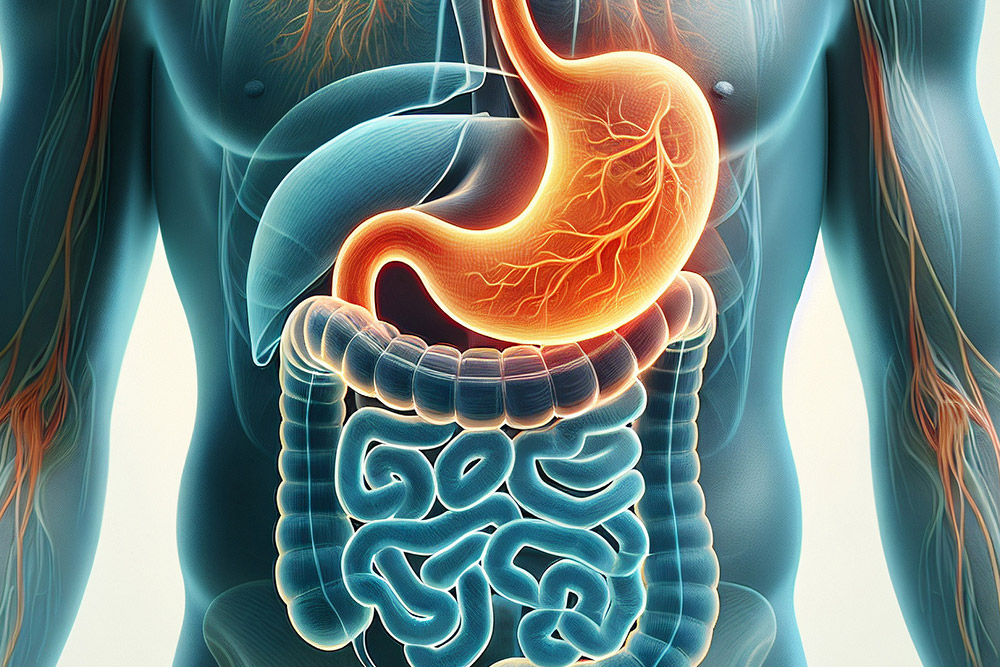How Dr. Nghia Nguyen Diagnoses Infectious Colitis?
Dr. Nguyen uses a step-by-step approach:
Medical History and Exam
He reviews your symptoms, recent travel, food and water exposure, and performs an abdominal exam to check for tenderness or swelling.
Stool Tests
He orders stool cultures and antigen assays to identify bacteria, viruses, or parasites responsible for your colitis.
Blood Tests
We check white blood cell count, C-reactive protein, and electrolyte levels to assess inflammation and dehydration.
Endoscopic Evaluation
- Flexible sigmoidoscopy allows direct visualization of the rectum and lower colon for acute inflammation.
- Colonoscopy provides a full-colon assessment when symptoms are severe or not resolving.
Advanced Imaging (if needed)
In select cases, an abdominal CT scan helps detect complications such as abscesses or perforation.
Frequently Asked Questions
What is infectious colitis?
Infectious colitis is inflammation of the large intestine caused by bacteria, viruses, or parasites that damage the colon lining, leading to pain, diarrhea, and other gastrointestinal symptoms.
What causes infectious colitis?
It develops when germs such as E. coli, Salmonella, Campylobacter, norovirus, rotavirus, Giardia, or Entamoeba enter your system—often through contaminated food, water, or poor hand hygiene.
How long does infectious colitis last?
Mild cases often resolve within a few days to a week. More severe infections may take one to two weeks or longer to clear completely with appropriate treatment.
What treatments are used?
Treatment may include oral rehydration, a bland diet, antibiotics or antiparasitic medications (when indicated), anti-diarrheal agents, pain relievers, and IV fluids for severe dehydration.
Can I treat infectious colitis at home?
Yes—mild cases can improve with rest, proper hydration, and diet modifications. However, if symptoms worsen or persist beyond two days, you should seek medical attention.
When should I seek medical help?
Contact a physician if you experience high fever, blood in your stool, severe abdominal pain, signs of dehydration (dizziness, dry mouth), or diarrhea lasting more than 48 hours.













